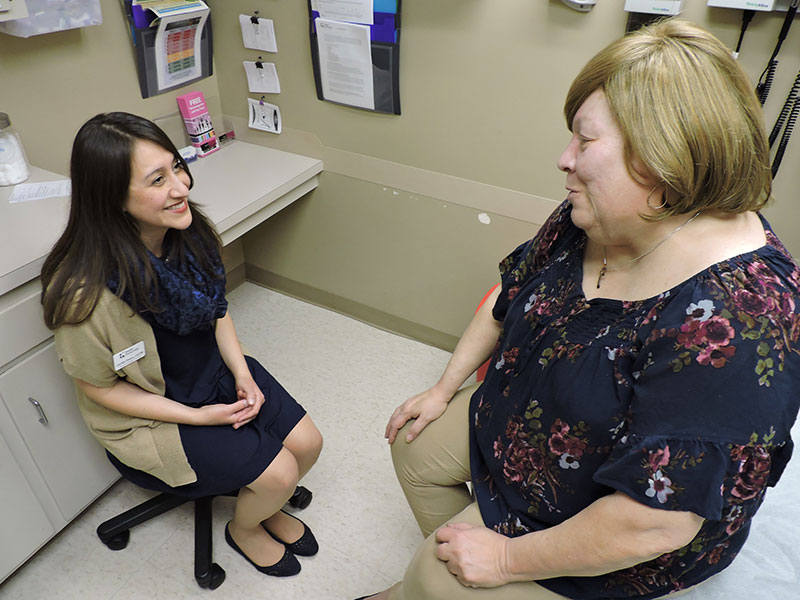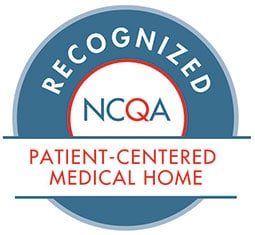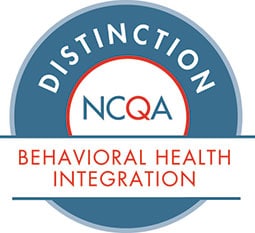Diabetes and the Role of Lifestyle Coaching
Post written by Gwenyth Wagner, DNP, APRN, Adult Nurse Practitioner, Health Partnership Clinic
There’s a combination of factors that help someone with diabetes get control of their blood sugar and reach their target A1C, which is typically 7.0% or lower. An A1C is sometimes referred to as the “three-month blood sugar” as it reflects the average blood sugar the patient has had over the past three months. Lifestyle changes and a multidisciplinary team approach play a key role.
Lifestyle Changes
Several of our patients from the High-Risk Diabetes Clinic (HRDC) at Health Partnership Clinic (HPC) have attributed their success in controlling their diabetes to factors such as being able to obtain access to affordable medication and receiving diabetes education. However, probably the most common factor that patients have identified has helped, is being coached on how to adjust their lifestyle. Every individual is different, and it is important to address the diet, exercise and lifestyle challenges of each patient. Having support in incorporating lifestyle changes is key to being successful in reaching and maintaining a normal A1C.
Patients in our diabetes clinic are fortunate to benefit from interaction with a Behavioral Health Clinician (BHC) who helps them address their challenges in controlling their diabetes which often includes help managing situational stressors and depression as well as making sustainable changes to their lifestyle.
“Often times we receive referrals to our HRDC due to “non-compliance,” says Cecilia Ponce, LSCSW, Behavioral Health Clinician. “When we speak to our patients about their barriers, we receive a wide range of responses: finances, transportation, knowledge, lack of support, cultural beliefs, lapse, relapse, difficulty maintaining change, adjustment to life changes, holidays, depression, anxiety, grief and loss, trauma, fear, side effects from medications in the past, physiological changes and so much more.”
Cecilia adds “Diabetes is a chronic illness and interventions to help our patients must address potential changes across the lifespan. The beauty of a true integrated model is that not only do we try to address what the patient is presenting with now; we are able to assess pitfalls in the past and empower them to implement their skills now and in the future.”
Multidisciplinary Team Approach
The American Diabetes Association publishes a document each year entitled “Standards of Care”, which outlines the most effective practices in diabetes care. They recommend that diabetes care should be managed by a multidisciplinary team and that lifestyle management should be a focus, not only at the time of diagnosis but as a part of all subsequent visits as well. Diabetes is not a static disease, and individuals often are presented with new challenges or changes in their lives that affect their diabetes and that need to be addressed.
We are fortunate to have BHC’s on our staff and as part of our Diabetes clinic. We believe that taking a holistic, integrated approach to health care provides the best outcomes for our patients and helps them achieve their goals.
HPC is accepting new patients of all ages. Call 913-648-2266 today.









